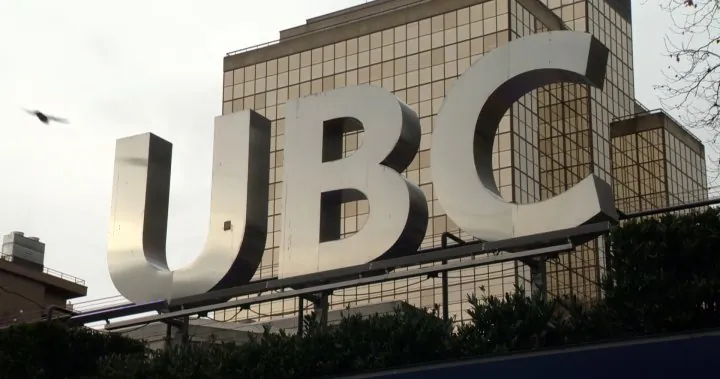
UBC Under Fire for Hosting Hong Kong Government Exam Amid Human Rights Controversy
2024-12-27
Author: Ying
Introduction
The University of British Columbia (UBC) is facing backlash from human rights activists for allowing the Hong Kong government to conduct a recruitment exam in one of its classrooms.
This controversial event, held on December 7, 2023, has raised alarming concerns regarding the implications of the Hong Kong National Security Law (NSL).
Chinese Canadian Concern Group's Discontent
In a letter sent to UBC President Dr. Benoit-Antoine Bacon, the Chinese Canadian Concern Group highlighted their disapproval of the university's decision to collaborate with the Hong Kong Economic and Trade Office.
"Successful candidates for this examination must swear allegiance not only to the Hong Kong government but, by extension, to Beijing," stated Gabriel Yiu, spokesperson for the group.
Concerns Over the National Security Law (NSL)
This allegiance is particularly troubling as the NSL has been described as a tool for oppression, criminalizing dissenting voices in Hong Kong and reaching into the global Chinese diaspora.
The NSL, enacted in response to the 2019 protests, has sparked outrage worldwide for its harsh penalties for acts deemed as secession or subversion against the Chinese state.
Criticism from Human Rights Organizations
Human rights organizations have condemned the NSL as a "draconian law" that threatens fundamental rights such as freedom of expression and the press.
Critics argue that UBC’s involvement risks normalizing the NSL's aggressive enforcement outside of Hong Kong.
Political Reactions
Speaking out against UBC's decision, Vancouver East MP Jenny Kwan remarked, "While UBC is free to rent their space to anyone, I believe ethical standards should guide these choices."
Kwan emphasized that the university should have taken a firmer stance against collaborating with a government known for persistent human rights abuses.
UBC's Response
In a response to media inquiries, UBC acknowledged the concerns, asserting that the university neither endorses the activities of renting groups nor intervenes in their operations.
UBC's Thandi Fletcher stated, "As far as the university is aware, the event did not violate any laws, regulations, or UBC policies."
Critics of UBC's Stance
However, this statement was met with criticism. Kwan labeled UBC’s response as "completely inadequate", suggesting that the university seemed indifferent to the broader implications of their actions.
Conclusion and Broader Implications
As tensions rise due to the global implications of the NSL, Kwan fears that the event might represent the Chinese government's attempts to assert its influence in Canada.
Activists are urging UBC to take a stronger stance against similar events in the future, advocating for the protection of Canadian democratic values and sovereignty.
With numerous institutions and governments worldwide reevaluating their ties with a regime famous for human rights violations, the UBC incident serves as a stark reminder of the delicate balance between academic freedom and ethical responsibility.
As debates over academic collaboration with authoritarian regimes intensify, the call for upholding democracy becomes increasingly critical.




 Brasil (PT)
Brasil (PT)
 Canada (EN)
Canada (EN)
 Chile (ES)
Chile (ES)
 España (ES)
España (ES)
 France (FR)
France (FR)
 Hong Kong (EN)
Hong Kong (EN)
 Italia (IT)
Italia (IT)
 日本 (JA)
日本 (JA)
 Magyarország (HU)
Magyarország (HU)
 Norge (NO)
Norge (NO)
 Polska (PL)
Polska (PL)
 Schweiz (DE)
Schweiz (DE)
 Singapore (EN)
Singapore (EN)
 Sverige (SV)
Sverige (SV)
 Suomi (FI)
Suomi (FI)
 Türkiye (TR)
Türkiye (TR)